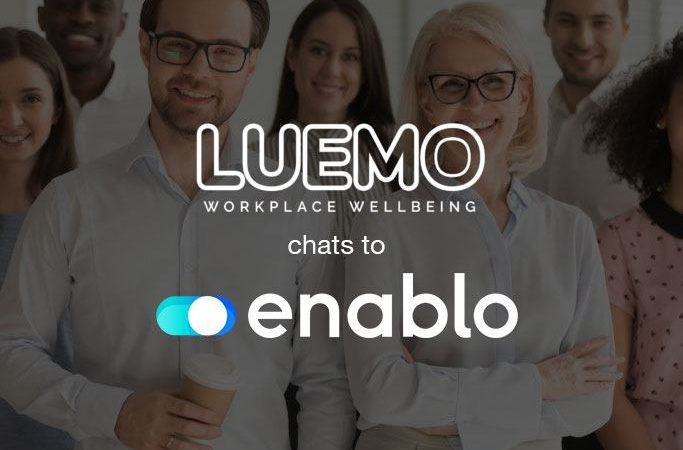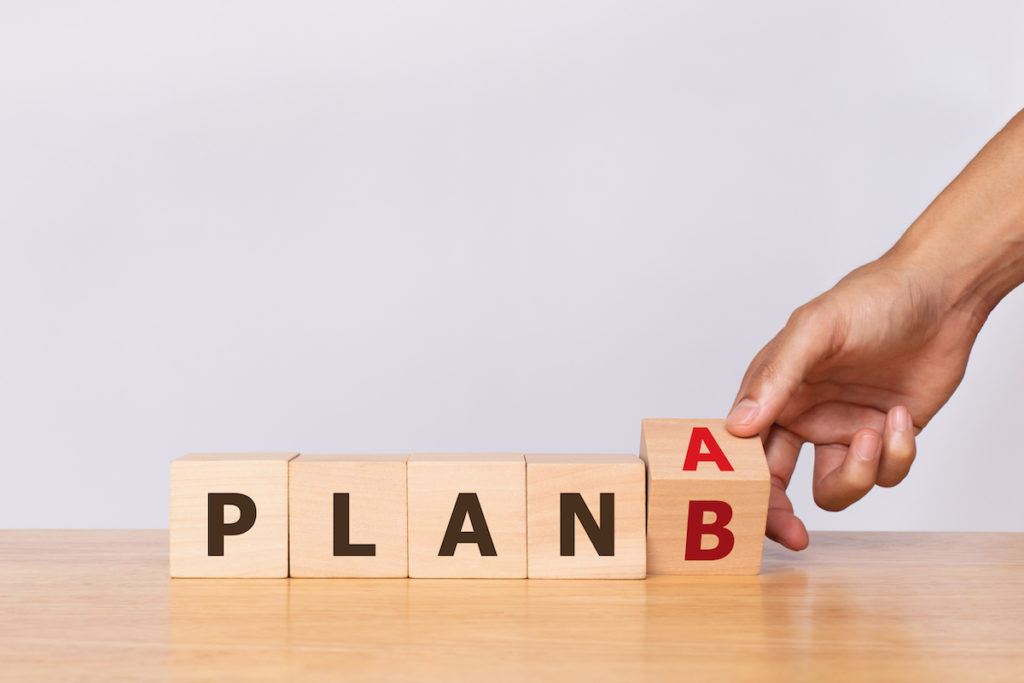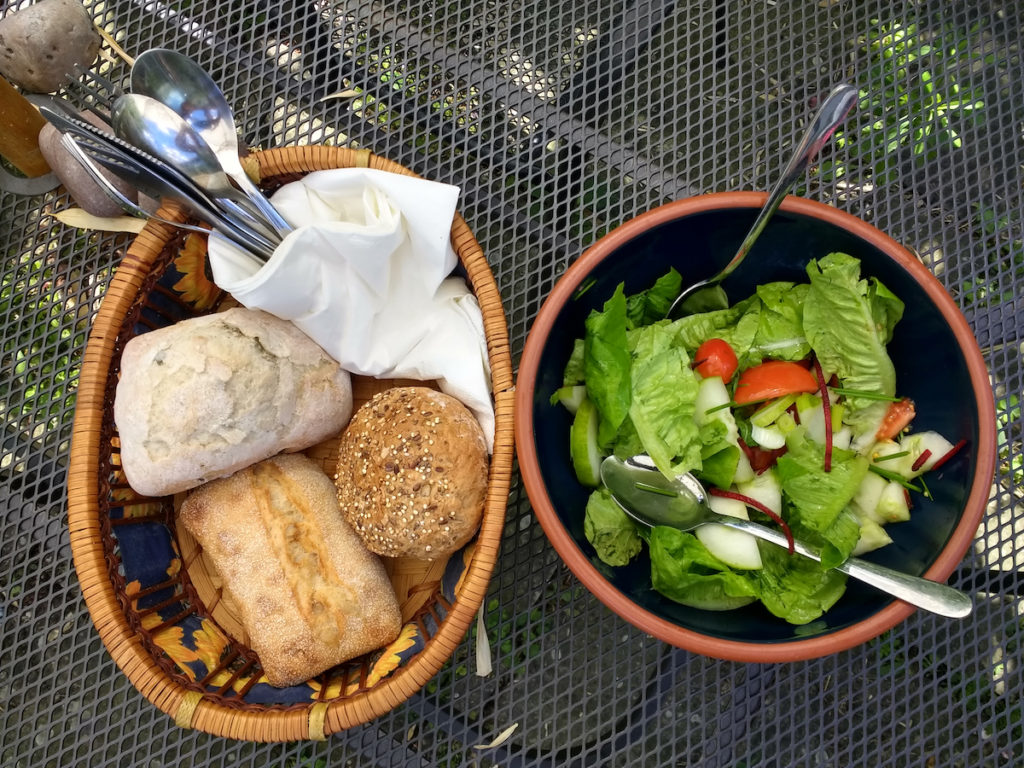Want to be more successful, have better relationships and increase your enjoyment of life? Perhaps you could investigate the benefits of mind management. Read on to learn why it's so important and gain insight into some great techniques that you can implement now.
Don't kid yourself - multitasking does not increase your productivity! The busy modern world has convinced some people that doing many tasks at once is productive. Unfortunately, this concept is a myth - particularly in a context where the tasks are even a little bit complex, like in a work situation. Read on for 6 things you can do instead of multitasking.
Research reminds us time and time again that money is one of the biggest and most consistent sources of stress in the modern world. It can have a major impact on our mental and physical health and cause tension in our personal relationships. Read on to understand the importance of your financial wellness and what you can start doing now to get yourself in the driver’s seat.
If you find the clutter, busyness, and overstimulation of the modern world a chore, Minimalism may be a different style and pace of life that you could explore. Minimalism is about living life the way you want to live, without the distraction of unnecessary things. The focus is on clearing space for the people, experiences, and things that you love.
Do you ever find yourself ‘losing your cool’ in certain situations? Maybe it’s a certain type of situation or with a specific person. When we are in a heightened reactive state, we lack the necessary composure to respond appropriately and professionally in that situation. Often, the culprit is our automatic thoughts. These thoughts are instantaneous, habitual, and nonconscious, but can really affect our mood and actions. We can do something about our automatic thought processes and start to take back control instead of reacting in an unhelpful way or feeling upset.
Put simply, gratitude focuses on truly acknowledging and appreciating the good things that we have in life. As we move through time and consciously practice gratitude, we can find that much of our anxiety and worry melts away as focus on what we do have overshadows what we don’t have. With regular focus individuals can find themselves habitually exercising gratitude as the opportunity arises during the day, buoying happiness.
You have probably noticed that some people cope better than others when faced with setbacks – what affects one person may have little impact on another. The key difference is resilience. Resilience is the ability to respond to, recover and move on with life after facing adversity or stress. Resilient people can utilise their skills and strengths to cope and recover from problems and challenges.
Are you where you want to be with your life? Our values are our fundamental beliefs that motivate our decisions and actions. They act often as unconscious guide posts that help us choose one decision or pathway over another. They guide how we think, what we do, how we treat other people and they influence who we feel closer and more connected to. If we are not living by our values we may feel uncomfortable with our life or even distressed. This article will help you check in on your values and offer valuable tips if you want to re assess.
Luemo was recently invited to talk to Enablo, the Australasian partner of Workplace by Facebook. We had a great chat about workplace mental health and wellbeing and how workplaces can respond to the current world environment. Topics covered included how technology can support mental health and wellbeing, creating psychological safety in the virtual workplace and what managers and teams can now do to support wellbeing in their work environment. You can listen to the podcast here.
Working your way through workplace disharmony and finding a positive solution is entirely possible even though the process can be uncomfortable, confusing and stressful. Successfully navigating your way through the situation partly involves the wisdom of understanding and accepting the realities of the situation, a little like playing the hand you are dealt in a poker game.
Journaling is not just for the hippy type, the writing type or the highly neurotic type. The evidence is in: If you have stress, depression or anxiety, taking up journaling is likely to help you. Journaling is powerful and you certainly don’t need to be a hippy, neurotic or even remotely good at writing for it to work – journaling works for almost every person.
We all know that sometimes life can present us with challenges – both unanticipated and inevitable. Significant events such as the breakdown of an intimate relationship, the onset of serious illness for yourself or someone close, a serious accident or the death of someone close are understood to be experiences that are difficult to cope with.
Healthy family relationships are a protective factor for mental health. If able to trust and rely on each other for support, family relationships help make us feel loved and safe. Positive shared family experiences help build the bank of strong connection and bond. Feeling like a part of a family creates a sense of belonging, which can make people feel good about themselves. On the other hand, family relationships can be a source of stress and a significant challenge to navigate.
Change is an inevitable part of work, and life - positive and negative changes are continually happening on a small and larger scale. Some change is self-driven, and within our control, other change occurs as a result of factors outside of our control.
Current research is linking nutrition closely with mental health. There is a bi-directional relationship – what we eat affects our mood, and our mood affects what we eat. Nutritional neuroscience is an emerging field that is focused on the relationships between nutrition and cognition, emotions, and behaviours.
When we exercise, there are immediate and longer-term benefits for our mental state and wellbeing. Getting moving pumps blood to the brain, which can instantly improve the clarity of thought.
Find your stillness and clarity of mind with the Luemo meditation podcasts hosted by mindfulness master, Dharmashakti. Even if you have never meditated, these guided meditations will show you the way, step by step. Meditation works with the mind and body as a form of coping or relaxation strategy to engage the parasympathetic nervous system. This in turn can lead to a sense of calmness, clarity of mind, physical relaxation, psychological well-being and improved health.
An individual’s self-esteem is their subjective assessment of their value. Headspace Australia defines self-esteem as “seeing your good qualities, being comfortable with your weaknesses, and doing your best with what you have.”
Sleep is critical to the regulation of the body and mind, resting after the day that has been and restoration in preparation for the day ahead.
Conflict in the workplace is common. Indeed, most people at some stage in their working life are likely to encounter some kind of conflict in the workplace. Conflict can take many different forms and can impact both employees and employers alike. It can also have farther reaching impacts beyond the organisation, including implications for families, clients, stakeholders, and even the broader community.
Meditation is a specific technique that works with the mind and body as a form of coping or relaxation strategy. Now more than ever with the demands of daily life and work, meditation has an important function in our lives to help to reduce stress, boost our immune system, improve sleep, provide relief from mental and physical health issues and increase our capacity for resilience. In the work environment this potentially translates as increased productivity, improved working relationships, better decision making skills, emotional balance and general inspiration and motivation.





















